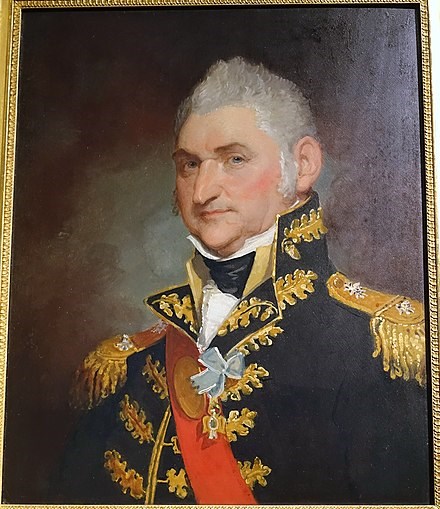Last updated: May 10, 2021
Article
William Clark’s Commission

In the summer of 1803, Meriwether Lewis had submitted his request to the War Department requesting the rank of captain in the Corps of Engineers for his colleague. Confident it would be granted, Lewis proceeded with addressing his friend with the same rank as soon as they met near Louisville, Kentucky, knowing they would co-manage the mission.
So it must have been disheartening to Clark when, on May 8, 1804, just a week before the Corps of Discovery departed up the Missouri, he received word from Lewis who was working in St. Louis.
The day before Lewis had received a letter from Secretary of War Henry Dearborn. The message was short and to the point: “The peculiar situation, circumstances and organisation of the Corps of Engineers is such as would render the apointment of Mr. Clark a Captain in that Corps improper—and consequently no appointment above that of a Lieutenant in the Corps of Artillerists could with propriety be given him which appointment he has recd. and his Commission is herewith enclosed. His Military Grade will have no effect on his compensation for the service in which he is engaged.”
Lewis had John Coulter deliver Dearborn’s letter to Clark along with a short note expressing his disappointment in the decision. But he advised his co-leader not to say anything about the letter's contents to the men, or to anyone else. It was a secret kept between the two friends throughout the entire Expedition.
It wouldn’t be until 2001 when William Clark would be promoted to captain, by executive order of President Bill Clinton.
